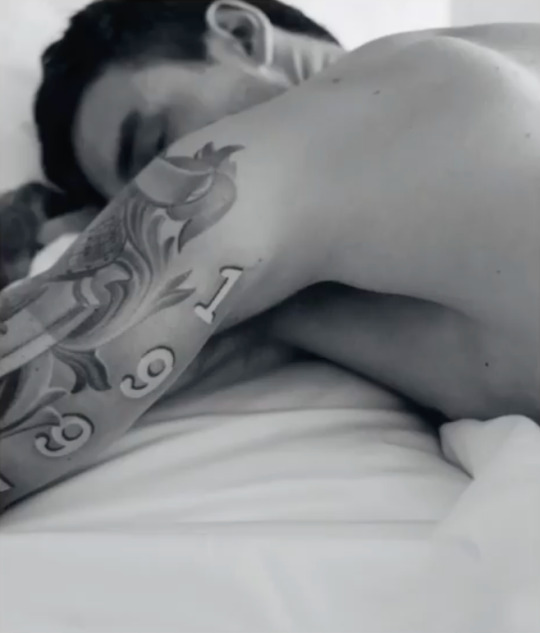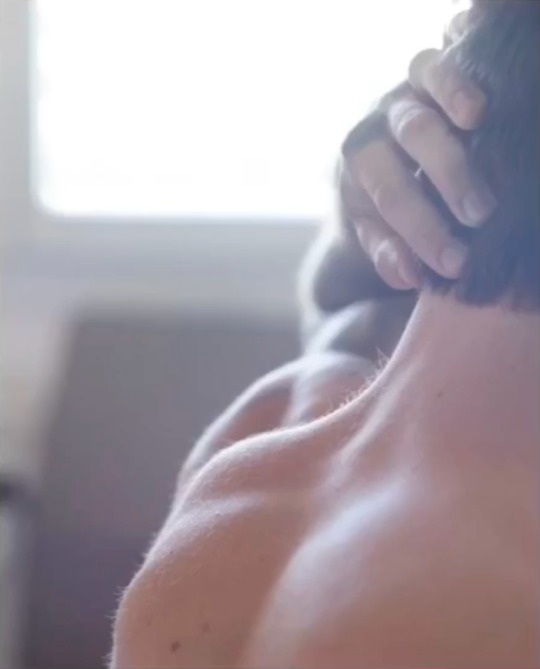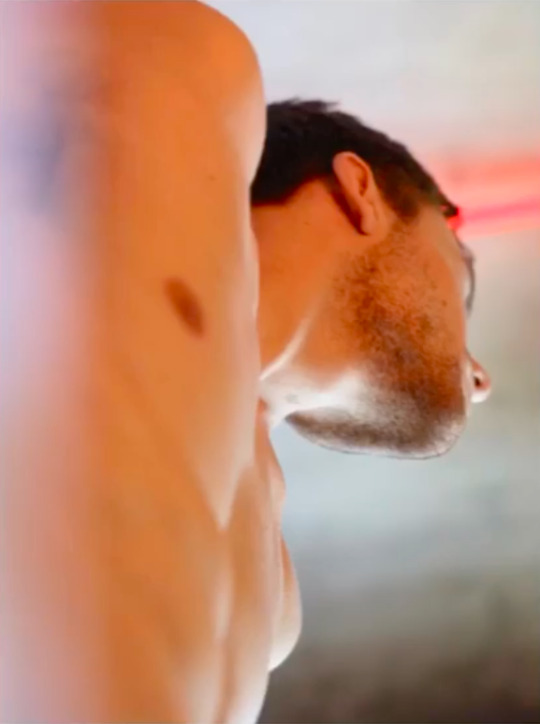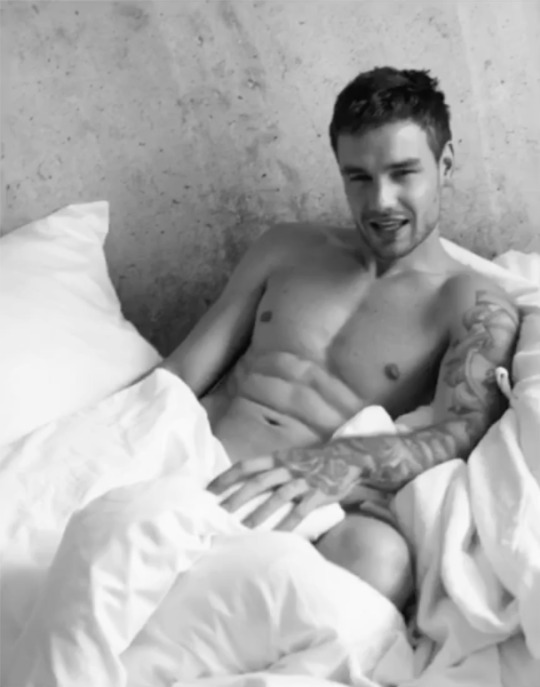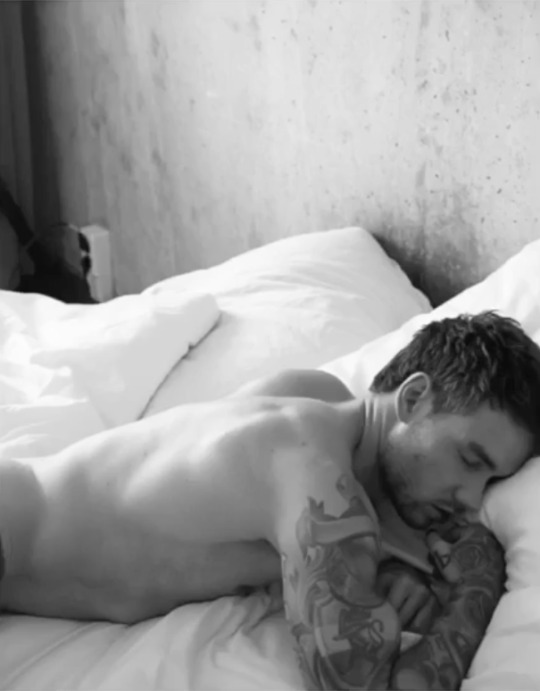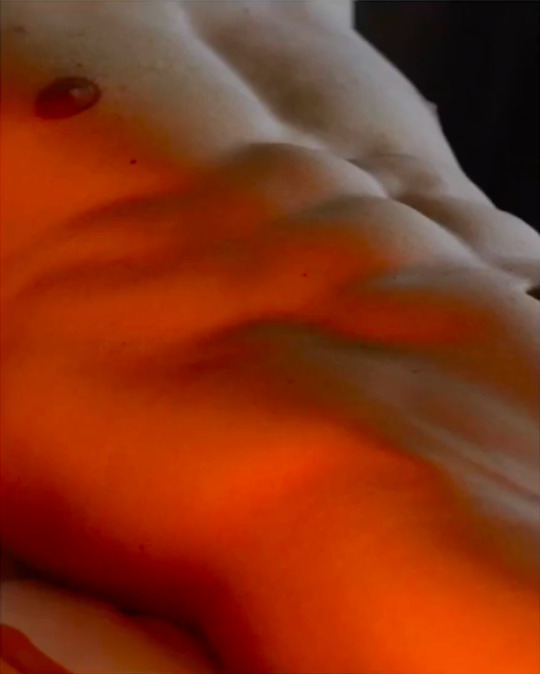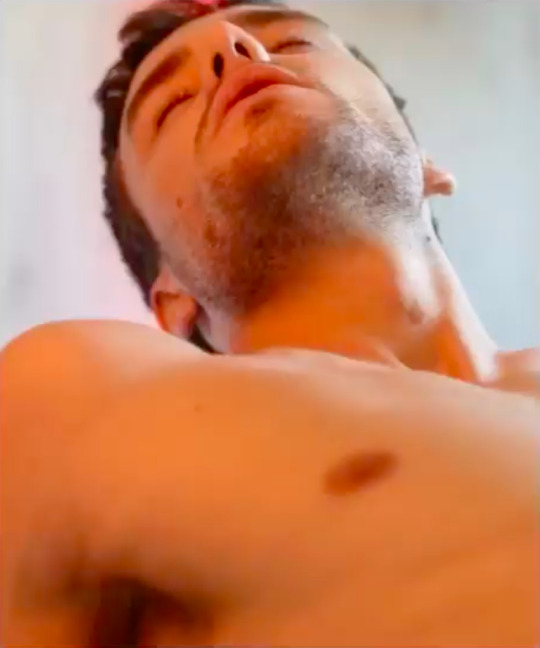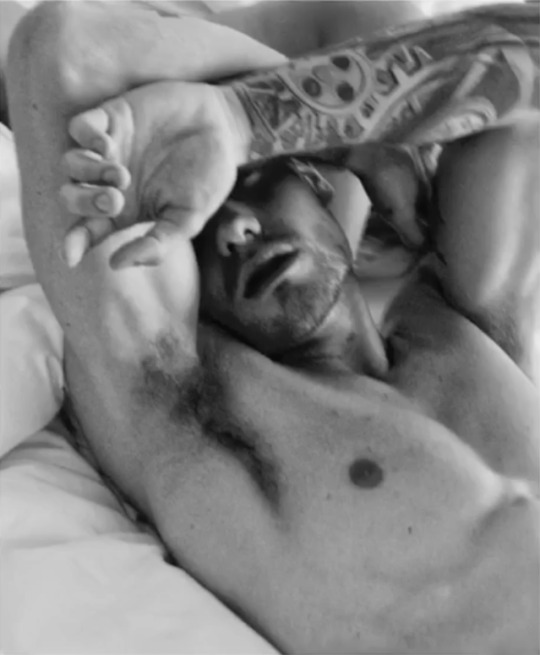Text
Danielle🥺 I wish you knew how loved you were Liam 🥺🥺




74 notes
·
View notes
Text
Huggin' it out
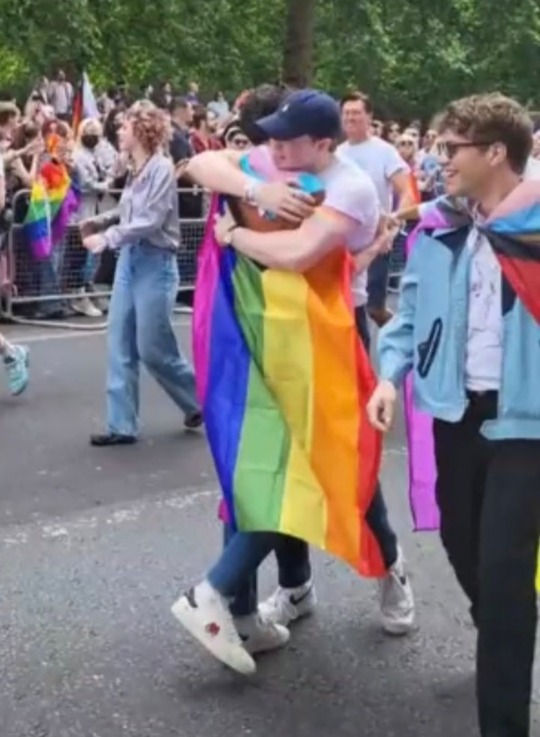

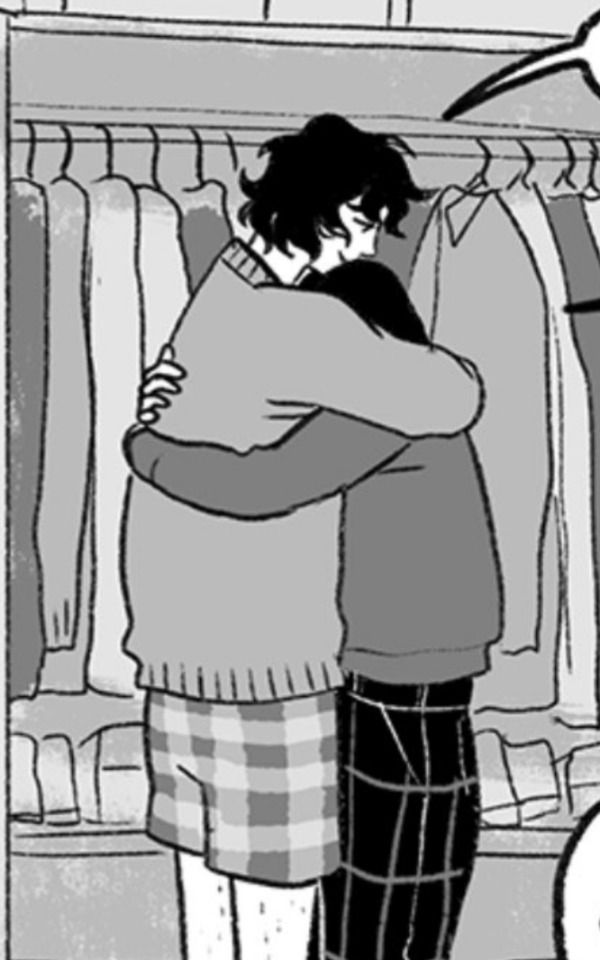
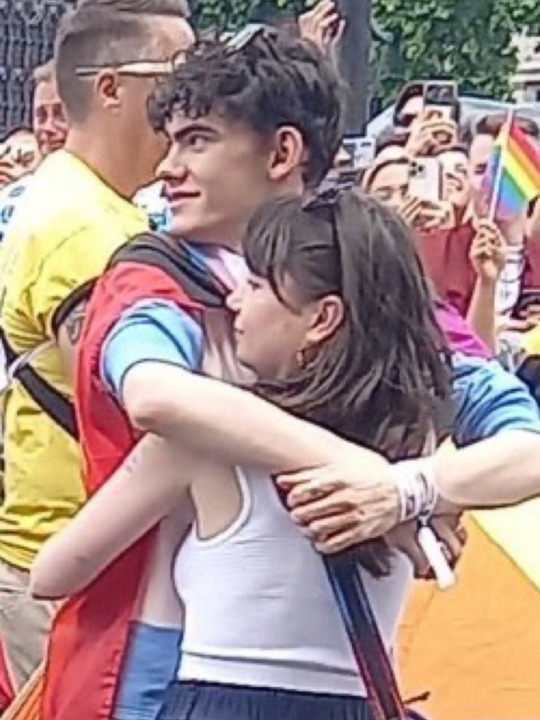
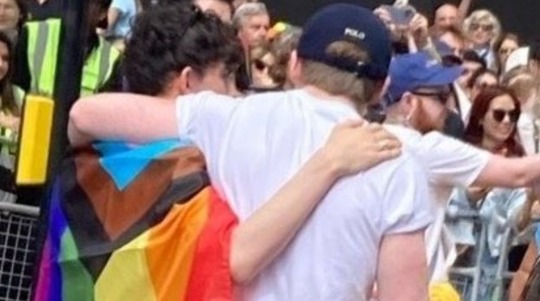
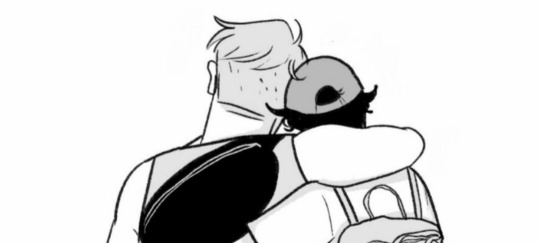
2K notes
·
View notes
Text
On Heartstopper, queer joy, and mourning lost experiences
In the opening pages of Nick and Charlie, Charlie Spring gushes about his boyfriend, Nick Nelson, as only a totally smitten teenager can:
I have been going out with Nick Nelson since I was fourteen. He likes rugby and Formula 1, animals (especially dogs), the Marvel universe, the sound felt-tips make on paper, rain, drawing on shoes, Disneyland and minimalism. He also likes me. His hair is dark blond and his eyes are brown and he is two inches taller than me, if you care about that sort of thing. I think he’s pretty hot, but that might just be my opinion.
In the last few weeks, the audiobook narration of that passage has done the rounds as a TikTok sound. One version of that sound has a million videos, and the most popular of those videos have tens of millions of views. All in all, it’s a sound that has probably been listened to some hundreds of millions of times, mostly by young, queer users of TikTok. (The uploader of the original sound named it “Please only use if your lgbtq.”).
The videos are young people, many queer, showing pictures of their partners and listing the small, everyday things that make them them. Things like taking walks while listening to music, plants, puzzles, and going on adventures. These lists are not full of grand achievements or impossible talents, just normal likes and hobbies for regular, average teens living their lives. In part, these videos are a testament to just how normal it can be to be a queer kid in 2022. Queer kids can be cheesy and boring and massively, embarrassingly, head-over-heels in love.
But that’s only part of the story behind those TikToks. Because if you peak at the comments of any of those videos, you’ll see another layer of queer experience unfolding. The comments are pretty split. On the one hand, you have fairly normal happy comments about how cute and adorable the couple is. On the other hand, you have despairing comments about screaming, crying, throwing up, and threatening to bring toasters into bathtubs. Of course, this is TikTok. This is the internet. These violently sad comments are mostly jokes, just a big snowball of memes.
But these memes are not universal. The comments on the videos of straight couples using the same sound have a slightly different tenor. The same happy comments are there, but there is decidedly less despair. Instead there are lots of comments of girls tagging their boyfriends, or crushes, to follow suit, or commenters asking where they can get a partner like that (“Can I find one on Amazon?”).
So why the difference? Sure, the gays love drama, so maybe it’s just the gays being dramatic. I mean, it most certainly is the gays being dramatic, but it’s not just that. The idealized, youthful romance at the heart of these videos is aspirational for a straight teen, single or otherwise. It’s an achievable goal, maybe far off, but within the realm of possibility. But for many queer teens, that same idealized, youthful romance is a desperate fantasy. A reward only suitable for other people. And thus the comments that are, while joking, still underscored by the same basic, unbearably sad belief: I want that so badly, but I know I will never have it.
This is where Heartstopper comes in. Because much like these TikToks, Heartstopper presents an immensely joyful portrayal of queer teens. They get the first loves and the cool friends and the happily ever afters. The production bursts with happiness—literal hearts and butterflies and sparks flash across the screen and cascade around the characters as their unfiltered teenage emotions explode out of their bodies. It creates a world in which there is no tortured undercurrent of deep despair, no looming threat of senseless violence.
My favorite example of this happens at the beginning of episode four. After Nick and Charlie kiss for the first time at a house party, and after Nick shows up at Charlie’s house in the pouring rain, and after Nick and Charlie kiss for a second time (with Charlie standing on the tip of his toes), and after Nick confesses his “gay crisis,” the pair agree to keep their relationship a secret, and Nick heads back out into the rain with Charlie’s umbrella. Light synth pop music swells, and Charlie races out to catch Nick. And there they are on the corner of the street, Charlie in yellow, Nick in blue, standing under a blue-and-yellow umbrella, both drenched. Nick asks if he forgot something, and, yes, he did, a kiss. They share a sweet, ripped-from-the-movies kiss, the camera pans out, and graphic hearts pop around them. It is lovely, and sweet, and brimming with innocent excitement.
A different show might pierce this otherwise romantic moment by panning to a classmate witnessing Nick and Charlie’s public kiss. But Heartstopper, which beams with optimism, would never go there. And equally importantly, the viewer is never worried that Heartstopper would go there. Charlie briefly glances over his shoulder before kissing Nick, a quick moment that may go unnoticed by some, but seems included solely to assure queer viewers scarred from traumatic media that there is no hidden spoiler here to out (or do even worse to) Nick and Charlie.
After the public kiss, the camera lingers on Nick’s face, and there is no doubt or self-loathing or worry on his face; no, he is just boyishly infatuated and, for the first time in the series, happy to be exploring his queerness, happy to be figuring out who he is. It’s a perfect moment of queer joy—and not just the joy of queer people, but joy brought about from being queer. Heartstopper is not interested in throwing overly manufactured hardships at its characters. It knows it is hard enough to just be a teenager and harder still to be a queer one.
It is a perfect warm hug of a TV show, and I cannot remember the last time I felt as much pure joy as I did while watching Heartstopper. And, based on the reactions I have seen across the internet, countless other people have felt the exact same way about this gem of a series.
But, maybe somewhat surprisingly for a series so dedicated to joy, it’s hard to find a reaction to Heartstopper that does not also include some feeling of sadness. A lot of this sadness is relatively easy to understand. It’s the same reaction you see on those TikToks. Nick and Charlie are presented as such a perfect couple, with so much love and support around them. LGBTQ+ teens (and, um, people older than teens) see it, want it, and are sad that they don’t have it.
Hopefully, Heartstopper helps those people believe, just a little bit more, that it’s possible to have it. In the last scene between Charlie and Nick, after they’ve declared their feelings to each other and the ocean, Charlie, the nerdy gay kid who spent his lunches hiding with a teacher, stares in wide-eyed disbelief at his charming, kind, rugby-playing boyfriend. Struck by the magic of the moment, he says, “I never thought this would happen to me.” No one clarifies, but it’s clear what “this” is—a date on the beach, sharing kisses with a boyfriend, romance… happiness. Nick. And so Heartstopper hopes that even if you never thought that you could have this—your Nick—before, maybe you’re a little closer to believing it’s possible now.
That’s only the most surface-level sadness, though. There’s a deeper sense of loss that comes with the reactions from LGBTQ+ people old enough to wonder why all the communication in the show happened through Instagram DMs. For a lot of that demographic, it’s hard not to look back at their own teenage years and wish deeply that this show existed back then. If only we had this representation when we were kids, maybe we wouldn’t have felt so alone, maybe we would’ve had more hope, maybe we would have been a little kinder to ourselves.
This reaction isn’t unique to Heartstopper. Many queer shows and movies have garnered similar sentiments (Love, Simon, Young Royals, and, I guess, Glee). But I don’t recall this immediate, sharp sadness being nearly as prevalent or universal in the reactions to those shows. That might be because Heartstopper is just so uniquely charming and cute, a perfect cocktail of adorableness to trigger wistfulness.
More than that, though, the show is so genuinely youthful. Nick and Charlie and all their friends feel like teenagers. They hit the idealized teen romance tropes perfectly: holding hands through a scary movie, wearing the boyfriend’s oversized hoodie, sharing milkshakes, stealing kisses, being dumb and in love. Their emotions are raw and half-processed. They make mistakes. They are each trying so very hard to be good to each other and themselves but do not always have the experience or language or confidence to know how. Of course, the fact that the actors are teenagers themselves, and not twenty- and thirty-somethings trying their best how-do-you-do-fellow-kids, helps.
The fact that Heartstopper paints such a convincing portrayal of a formative teen love is a lot of what makes it so genuinely charming to watch. It’s also what makes it so quietly devastating to many. The joys and wonders that Nick and Charlie experience seem essential to their lives, but also so rooted in their youth that it is hard not to feel like you’ve lost something forever if you did not get that experience—or even see that experience—as a teen. Like the box in your heart for young love is just empty forever. Regardless of where life has taken you since, it’s hard not to mourn the life you never got as a kid. This is not Heartstopper’s fault, but it’s a reality that exists. Maybe more Heartstoppers will help make it less of one.
And so I think there are plenty of reasons that Heartstopper has elicited the emotional reactions it has, but I don’t know that I identify with any of these reactions. That’s not to say I did not have an incredibly emotional reaction to the show. I did, hugely, in a way that I rarely respond to media. In fact, my immediate, visceral attachment to the show was so strong that I have spent the better part of the last week trying to untangle exactly why. Part of the answer is obviously representation. But I have seen and read a lot of media targeted to and about queer kids (including the Heartstopper graphic novels), so what about this show specifically?
I think, as with most things, the answer starts with Olivia Colman. In episode two, as Nick is just starting to really become friends with Charlie and before he’s even come close to realizing his feelings might be something other than platonic, Nick, wearing a blue Adidas shirt, pours himself a cup of tea in a mug with an N emblazoned on it. Colman (as Nick’s mom) is idly scrolling on her iPad and comments to Nick, “You seem much more yourself around him.” Nick, caught off guard, takes a moment to think about it and then quietly grins to himself. And I have to take a moment here to just say that Kit Connor does so much to bring Nick to life. The complexity of emotion he’s able to convey with a quick glance or a twist of his mouth adds so much depth to Nick’s journey.
This theme—of Nick becoming more himself through the discovery of his own sexuality—carries through the season. In one scene, he rather helpfully lays out his entire character arc to Imogen: “Do you ever feel like… you’re scared to change? Or do something that might confuse or surprise people? Like your real personality has been buried inside you for a really long time?” Throughout the eight episodes, Nick slowly figures out what that “real personality” might be.
So, while Nick’s story includes a coming out, it’s not quite a coming out story. He’s coming out more to himself than to anyone else. The story isn’t told from the closet. Nick is not in the closet when Heartstopper begins; he doesn’t even know the closet exists. And because Nick is fortunate to have certain privileges, his journey is not fraught with self-hatred or fear of abuse. His pre-coming out life is pretty stable, and he truly enjoys a lot of it. Nick isn’t really working through repression so much as he is honest self-discovery: he is confused, and his feelings for Charlie have genuinely surprised him. (Even in the very last scene, his answer to how long he’s known he liked boys is about when he started liking Charlie, not some great reveal that maybe he’s always known.) While some external factors are acknowledged (expectations of family, homophobic classmates), they sit on the periphery, allowing the focus to be squarely on his internal journey to figuring out his sexuality, a journey that is difficult enough in itself.
And this is where Heartstopper hits home for me. Because I am unbelievably fortunate to have had a pretty incredible high school experience. I liked the friends I had and the activities I did and the communities I had supporting me. I am lucky that I did not identify with that feeling of isolation that so many LGBTQ+ kids feel; I was not looking for the Nick to my Charlie in school.
However, I also most definitely had not figured out my sexuality. But more than that, it wasn’t even a thing that occurred to me. I like to joke about being a mysterious, unknowable person, but in all honesty, for the most part, I have such a limited range of intrapersonal feelings that there’s just not a whole lot to know. So I started this whole self-discovery process late, and I’m pretty sure I still haven’t figured everything out. Like Nick’s arc, this process hasn’t been fraught, but it has been hard.
And so to see Nick go through the process I’ve been sort of getting on and off for the better part of the last fifteen years was weirdly affirming. In the final scene of the season, after going on a date where he labels himself as bisexual and his relationship with Charlie as boyfriends, Nick, wearing a yellow Adidas shirt, pours himself a cup of tea in a mug with an N emblazoned on it. His mom, idly scrolling on her iPad, immediately clocks his bright smile and lightened mood. What follows is a beautifully written and acted coming out scene, where everyone does the right thing and finds the right words. And it’s spectacular, but really what gets me is just how much Nick has grown into himself.
It’s a direct callback to the scene in the second episode, where Nick hasn’t even figured out his crush. There, the kitchen is dimly lit, and his smile, when he finally flashes it, is timid. Here, the kitchen is full of light, and his grin is loud and wide. After wearing blue all season, he’s in a bright yellow version (the same color Charlie wears when they kiss in the rain; the same color of Charlie’s beach towel in the preceding scene) of the shirt he had on in the original scene. And Connor plays Nick with so much more confidence and surety and joy. The act of coming out is nerve racking for Nick, but it’s clear that coming to terms with his sexuality has made him more him.
And I think that’s the bit nearly all people can relate to. That figuring out each new part of yourself feels invigorating. That there's a sense of inner peace to be gained from quieting some of the questions in your head. (Kit Connor himself said, of playing Nick, "It’s somewhat pushed me to be more myself and be proud of who I am, and be more genuine and authentically myself.”) I don’t know how different I am now than when I was seventeen. Hopefully less dumb, hopefully a little kinder. I can’t be totally sure I’m any happier or any better of a person overall, but I do know, at the very least, I am much more me. And I love that about me.
So when Nick, who is sixteen, tells Charlie, “I wish I’d met you when I was younger. I wish I’d known then what I know now,” well, that’s where the grief comes in. Because what if Heartstopper had existed when I was fourteen? Well, maybe I wouldn’t have even watched it. But what if I did? What if I watched Nick Nelson’s journey to figure out his sexuality? I can’t be totally sure that I would’ve recognized that as representation. But if I did? I don’t think my teenage years necessarily would’ve been any better; hell, maybe they would’ve been worse. I don’t know that my life today would be any better either. But I can’t help but feel like if I had been able to start figuring some of this out earlier, that I, at the very least, would be more me. And not only that I would understand the Big Things better, but maybe also some of the small things: the rugby and the Formula 1 (probably not), the animals (dogs or otherwise), the Marvel universe (sure), the sound felt-tips make on paper (seems good), the rain (every now and then), the drawing on shoes (never tried), the Disneyland (absolutely not) and the minimalism (for a better me).
And, like, at least I am me now, but it’s hard to not feel like, as an LGBTQ+ person, you’re always catching up. That there is just all this time that you had to spend figuring yourself out on your own because there were no role models to show you the way. And because of the intolerable inevitability of time, there’s no way to make up for that. It is simply gone, and if you were behind ten years at age twenty, you will still be behind ten years at age seventy.
And I don’t know that there’s a way to avoid this feeling of loss or grief. It may, unfortunately, be a side effect of suffering from the human condition. And being LGBTQ+ maybe just comes with a bit of extra sadness. But, as Heartstopper so brilliantly illustrates, being LGBTQ+ also comes with a bunch of extra joy, and maybe that's what we should focus on.
It was a beautiful, sunny spring weekend in NYC, and I spent most of it wandering through parks. And maybe it's because I've had Heartstopper and queer relationships on the mind, but I couldn't help but be heartened by the sheer number of queer couples and friend groups I saw just soaking up sun and laughing and living life, out in the open, happy. Even if they've lost time, they can be proud of the people they are today. Those people and the young couples using the Nick and Charlie TikTok sound and Heartstopper are all reminders that there is so much queer joy just for us: a vibrant, diverse community, a sense of self earned through hardships, and, maybe sometimes, if it’s your cup of tea, a Nick Nelson.
I'm hopeful that now, some LGBTQ+ kids will recognize themselves in Heartstopper, and fewer queer kids will feel like they've lost time.
And hey, if you still want to experience that youthful romance as an adult? Alice Oseman and Heartstopper Vol. 3 certainly think that’s possible. We might just have to wait for Season 2. At least, that's what I'm banking on.

28 notes
·
View notes
Photo
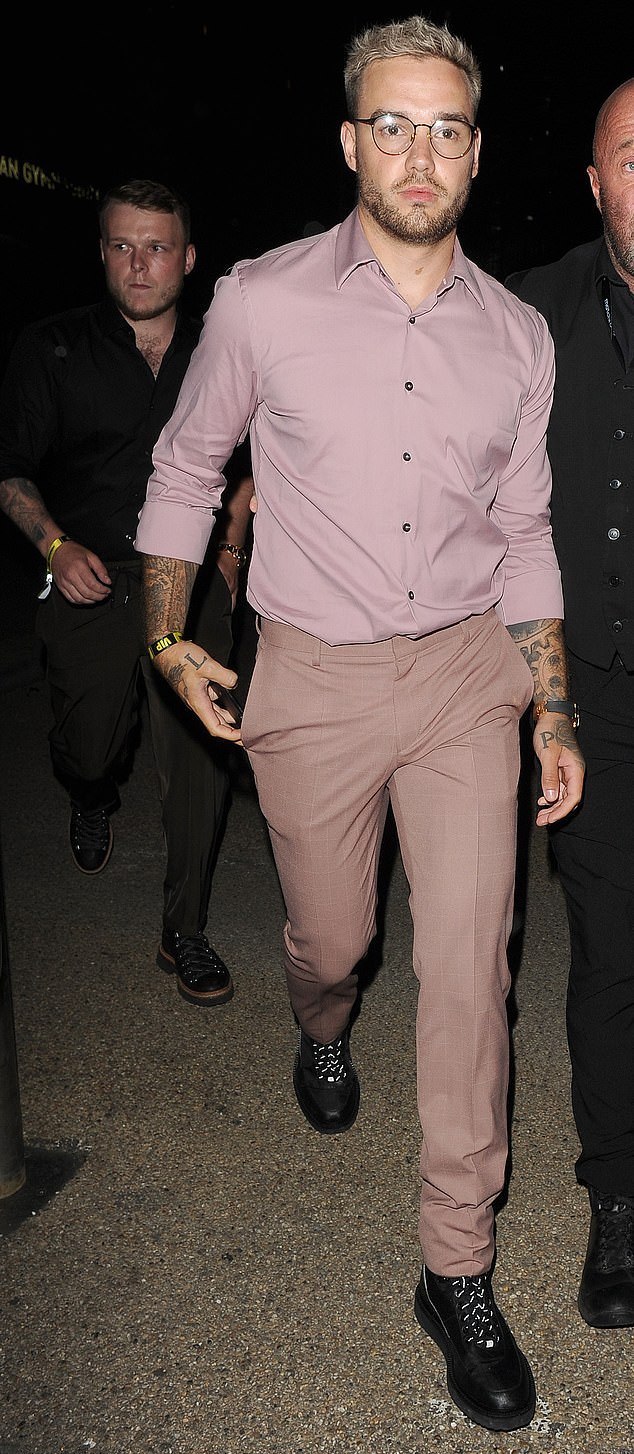
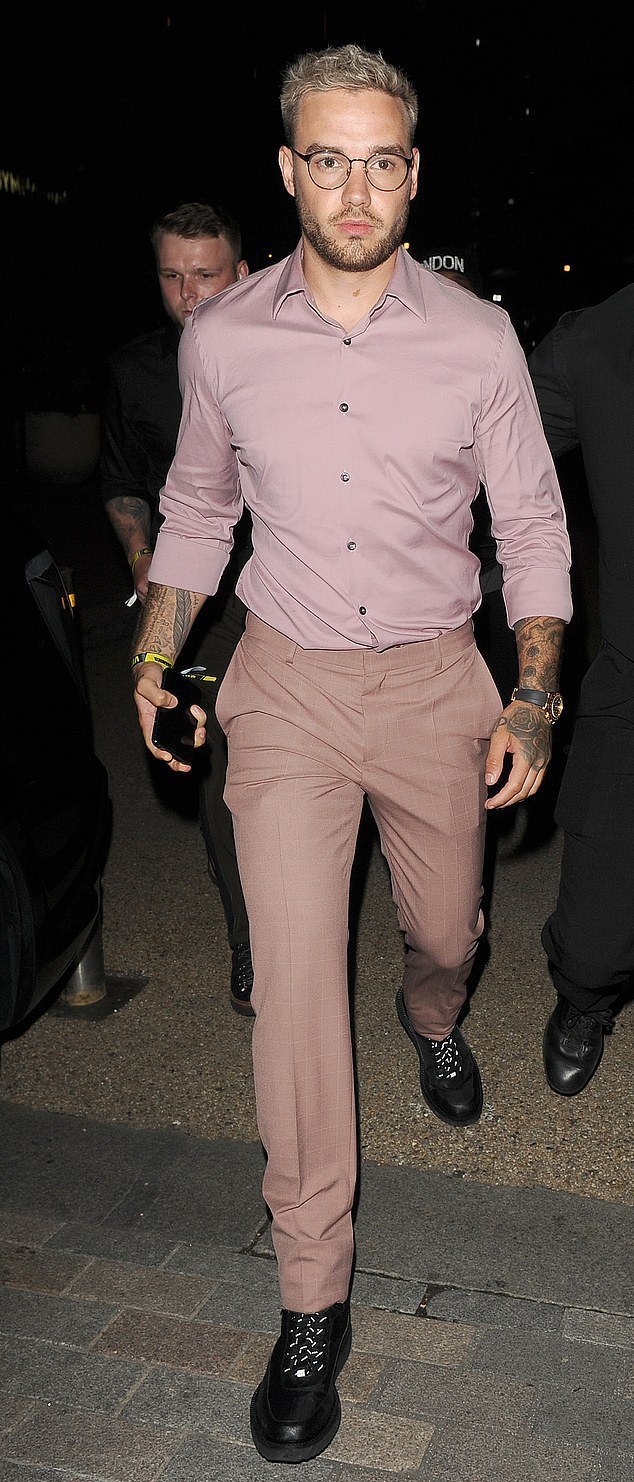
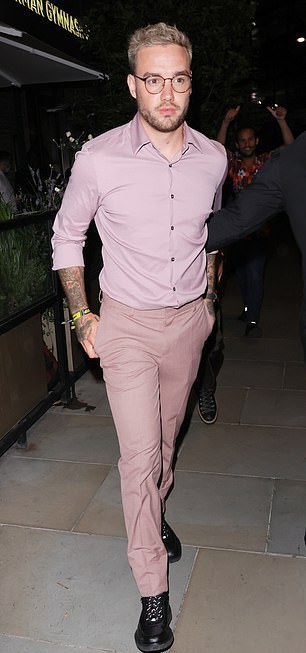
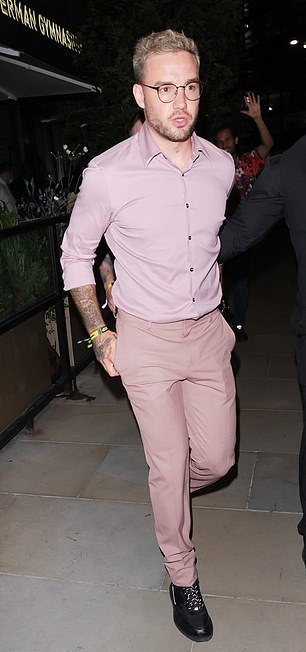
245 notes
·
View notes
Photo

nowhere2hyde1: Surround your self with team players and winners💥👏🏼 Getting sh%t done around here 💯👏🏼
92 notes
·
View notes
Text

liampayne: 💇🏻♂️
213 notes
·
View notes
Photo
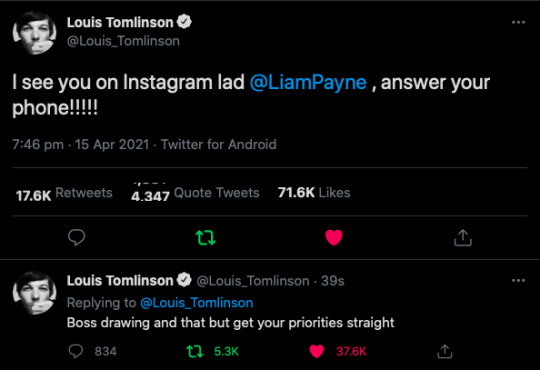
Louis just really wants to talk with you, Liam (x) - 15.04
293 notes
·
View notes
Text
““The management was like ‘It’s going to be down to you Liam, really. You’re going to have to be the person that sometimes people don’t like’. So I had been given this Spider-Man power like ‘with great power comes great responsibility’ and I’m thinking what do I do.””
— Liam about how 1D’s management put him in charge of being “the responsible one” on Happy Hour podcast - 19.11 (via liam-93-productions)
1K notes
·
View notes
Photo
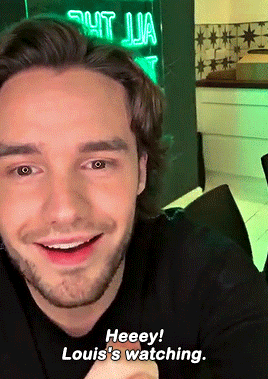
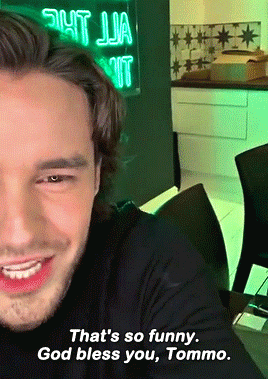

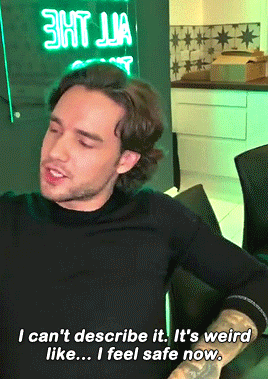
Liam reacting to Louis watching his Instagram Live
6K notes
·
View notes
Video
youtube
Best Liam Payne Vocals (2010 - 2020)
#liam payne#one direction#i've been in a very 2012 place#which means just lots of listening to liam vocals#and so like this is the result of that???#are these his actual best vocals??#i mean#mostly!!#but definitely cut things for youtube copyright reasons!#and also sometimes there's a great vocal but a shit quality audio!!!#the STRUGGLE#that voice should be illegal#video
15 notes
·
View notes
Video
vimeo
Liam Payne & Rita Ora - For You, The Tonight Show (Jan. 31, 2018)
#just putting this back on my blog so i can find it bc the youtube vid is gone#(this is the best performance of this song)#(this is maybe the best performance of any song)#jesus christ#it's so good#the vocals are SO GOOD#also wow hot people being hot#video#that voice should be illegal#rita ora#for you
11 notes
·
View notes
Photo
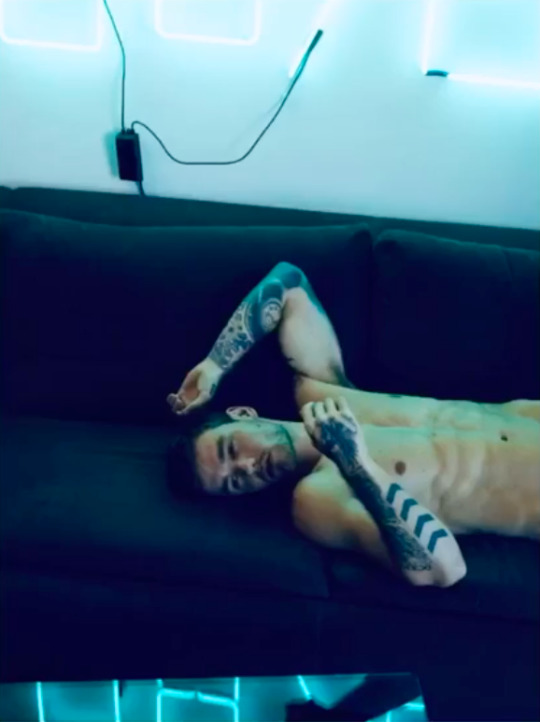



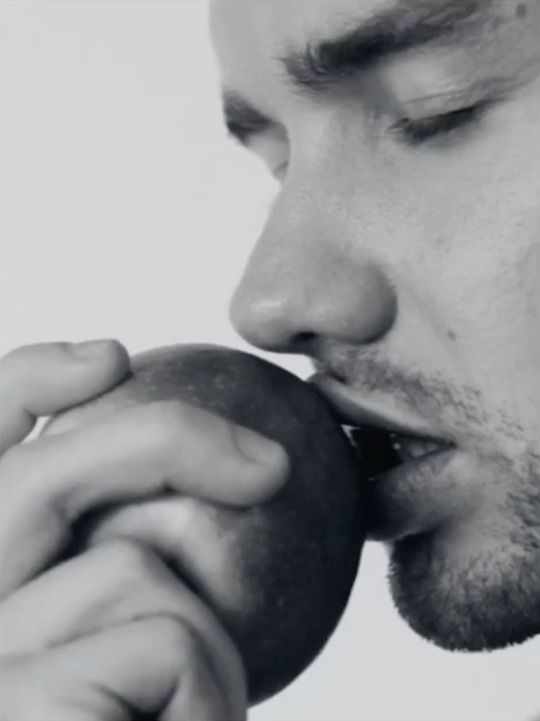

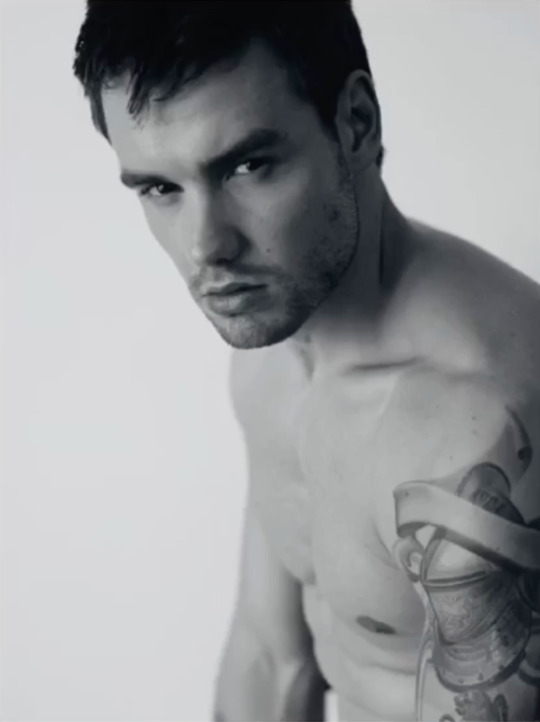

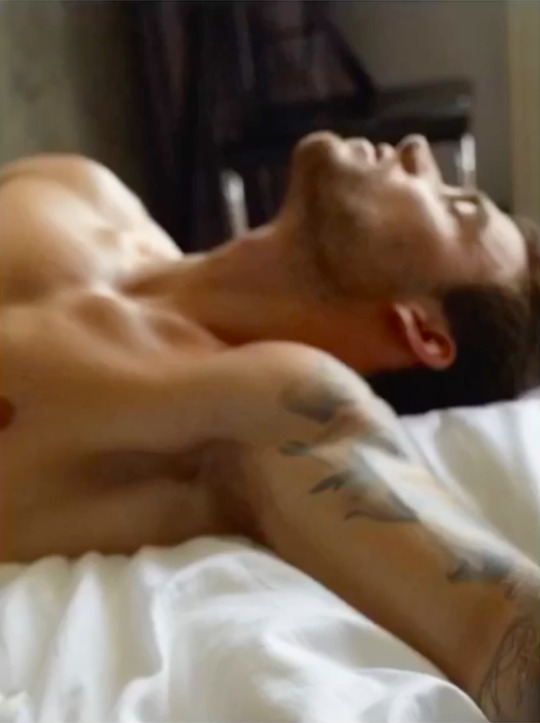
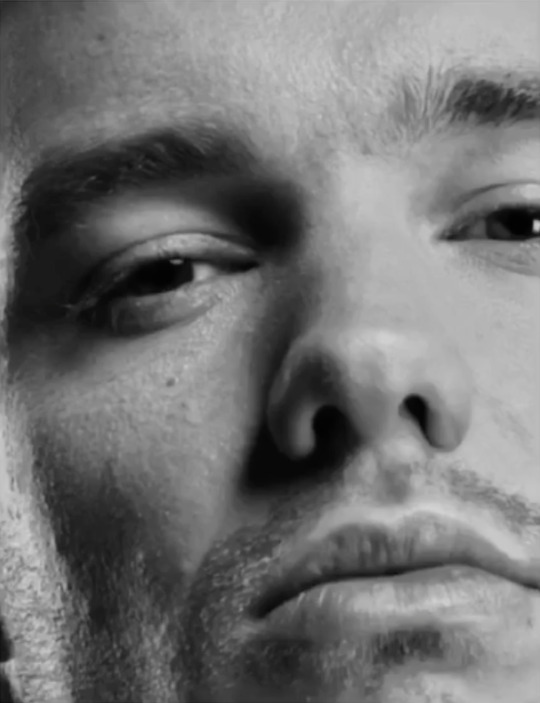
725 notes
·
View notes
Photo


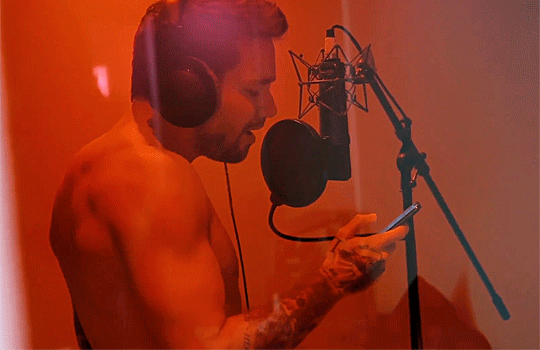
Liam recording ‘Remember’ for LP1 - The LP Show Act 2
761 notes
·
View notes
Video
youtube
Liam singing What a Feeling at The LP Show: Act 2 - 29.08
#god i might've had to dig through pages of the liam payne tag#which is a dark place#but this is worth it!!!#god this song is incredible#justice for made in the am live performances#that voice should be illegal#vidoe
476 notes
·
View notes
Video
youtube
Making off Remember for LP1 - 29.08
144 notes
·
View notes
Video
youtube
The LP Show Act 2, Best Song Ever (Aug. 29, 2020)
#i live in this video now#like yes the high note and run at the end is great obviously!#but he has nailed that eight million times before#you know what's really incredible though??#the beginning of those verses#he hits those high notes that start each line so easily??#and with such a full resonant sound??#like compare that to any performance of that song!!!#where it sounds like he (and harry) are half screaming to hit those notes#what the hellllll#that voice should be illegal#video
9 notes
·
View notes
